Trump announces ‘good faith’ gesture by Hamas as American hostage set for release
- Update Time : Tuesday, May 13, 2025
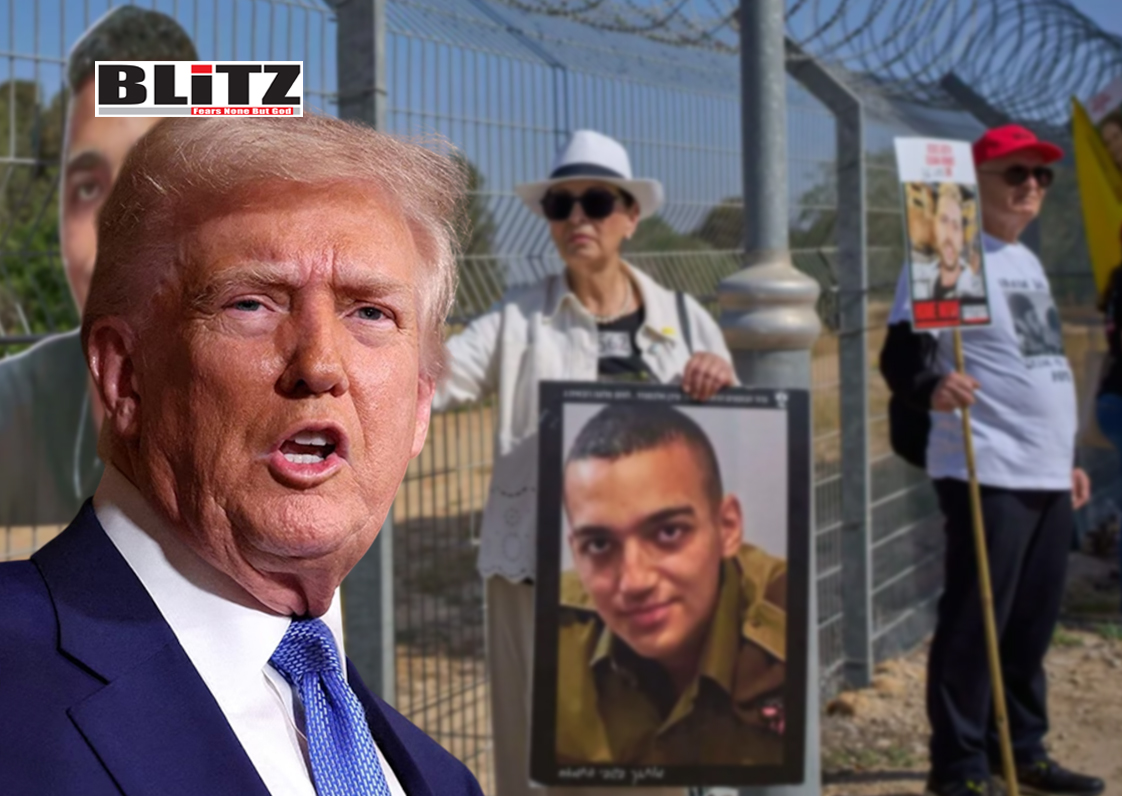
In a dramatic development that could shift the fragile dynamics of the Gaza conflict, US President Donald Trump announced that Hamas has agreed to release Edan Alexander, a 21-year-old Israeli-American soldier, the last known living US hostage held in Gaza. This move, Trump suggested, is a “good faith” gesture designed to facilitate broader ceasefire talks and to allow humanitarian aid deliveries into the besieged Palestinian territory.
Alexander had been captured during Hamas’s October 7, 2023, attack on southern Israel – a highly coordinated assault that left over 1,200 Israelis dead and resulted in approximately 250 hostages being taken into Gaza. His imminent release, confirmed by Hamas in a statement on May 11, signals a rare moment of cautious optimism in a conflict that has, by UN estimates, claimed more than 50,000 Palestinian lives, most of them civilians, over the past seven months.
“I am happy to announce that Edan Alexander, an American citizen who has been held hostage since October 2023, is coming home to his family,” Trump posted on his social media platform, Truth Social. He thanked “all those involved” in the negotiation process, notably omitting any direct mention of Israel.
Trump characterized the release as “a step taken in good faith toward the United States and the efforts of the mediators – Qatar and Egypt – to put an end to this very brutal war and return ALL living hostages and remains to their loved ones.”
Trump’s special envoy, Steve Witkoff, is reportedly en route to Israel to personally oversee the final stages of Alexander’s release. Speaking to NBC News on May 11, Witkoff said, “We are picking him up probably tomorrow,” describing the negotiations as “long” and crediting Trump’s leadership as pivotal in achieving the breakthrough.
The latest round of negotiations, conducted in Doha, took place largely without Israel’s direct involvement. The talks were mediated by Egypt and Qatar, who have maintained open communication lines with both Hamas and the United States. In joint statements, both mediators praised the development as “a gesture of goodwill and a positive step toward resuming negotiations aimed at reaching a ceasefire in the Gaza Strip.”
The decision to exclude Israel from direct participation in this phase of the negotiations has raised eyebrows in West Jerusalem. Sources close to the Israeli government expressed frustration that such critical discussions involving the fate of hostages could proceed without their input, especially given the sensitive security implications.
Israeli Prime Minister Benjamin Netanyahu has consistently insisted that only complete military victory over Hamas could guarantee the safety of Israeli citizens. On May 10, Netanyahu announced that the Israeli security cabinet had approved a new “forceful” military plan to destroy Hamas entirely, claiming that Gaza’s civilian population would be “moved, to protect it.”
According to the UN Office for the Coordination of Humanitarian Affairs (OCHA), Israeli military operations have already rendered approximately 70% of Gaza inaccessible through a combination of no-go zones and forced displacement orders. Critics, including several humanitarian organizations, have labeled Israel’s approach as “collective punishment,” while Israeli officials argue it is a regrettable but necessary part of their anti-Hamas strategy.
Adding another layer of complexity to the political backdrop, Trump earlier this year publicly endorsed the idea of “voluntary” relocation of Gaza’s Palestinian population to neighboring countries such as Jordan and Egypt. He argued that such a move would allow Gaza to be transformed into a “beautiful resort destination” – comments that sparked international outrage among Palestinians and human rights advocates.
Israeli Prime Minister Netanyahu, however, called Trump’s idea “remarkable” and something that “should be pursued,” signaling a potential alignment of strategies between the US president and the current Israeli leadership. Critics contend that the proposal amounts to ethnic cleansing under the guise of “voluntary” migration.
Trump’s involvement in the latest hostage negotiations has reignited debates over his potential foreign policy role should he return to the White House after the 2024 US presidential election. Supporters argue that his direct engagement and unconventional diplomatic style have yielded tangible results where traditional channels have failed. Detractors warn that sidelining Israel in favor of back-channel talks with Hamas risks undermining Washington’s longstanding alliance with Jerusalem and could set a dangerous precedent.
Despite the limited nature of this breakthrough, optimism remains guarded. Hamas leaders emphasized that Alexander’s release should be seen not as a capitulation but as a strategic move to encourage broader discussions about a ceasefire and a future prisoner exchange.
Meanwhile, Palestinian authorities and humanitarian organizations continue to call for an immediate end to hostilities and a permanent resolution that addresses the underlying causes of the conflict – namely, the status of Gaza, the Israeli blockade, and the broader Israeli-Palestinian impasse.
In Washington, reaction to the news was mixed. Some lawmakers praised the development, with Republican leaders hailing Trump’s involvement as a “game-changer” and a sign of “strong American leadership.” Democratic figures, while welcoming Alexander’s release, expressed concern that negotiations bypassing Israel could deepen mistrust between Washington and one of its key Middle East allies.
Whether this moment can be leveraged into a broader ceasefire agreement remains uncertain. Past ceasefire efforts, including one in November 2023 that temporarily paused the fighting, eventually collapsed amid mutual recriminations.
Israel maintains that Hamas has consistently violated terms by holding onto hostages and rearming during pauses in fighting. Hamas, on the other hand, accuses Israel of sabotaging peace efforts through its ongoing military campaigns and refusal to lift the economic blockade strangling Gaza’s economy.
The pending release of Edan Alexander offers a rare glimmer of hope amid the devastating conflict. Yet it also underscores the deep political rifts – within Israel, between Israel and its allies, and within the broader international community – that make a sustainable resolution elusive.
As Trump and his allies celebrate a diplomatic win, the path toward genuine peace in Gaza and the broader Israeli-Palestinian conflict remains perilous. The coming days will test whether this “good faith” gesture can be the beginning of a new chapter – or merely a brief respite before further tragedy.


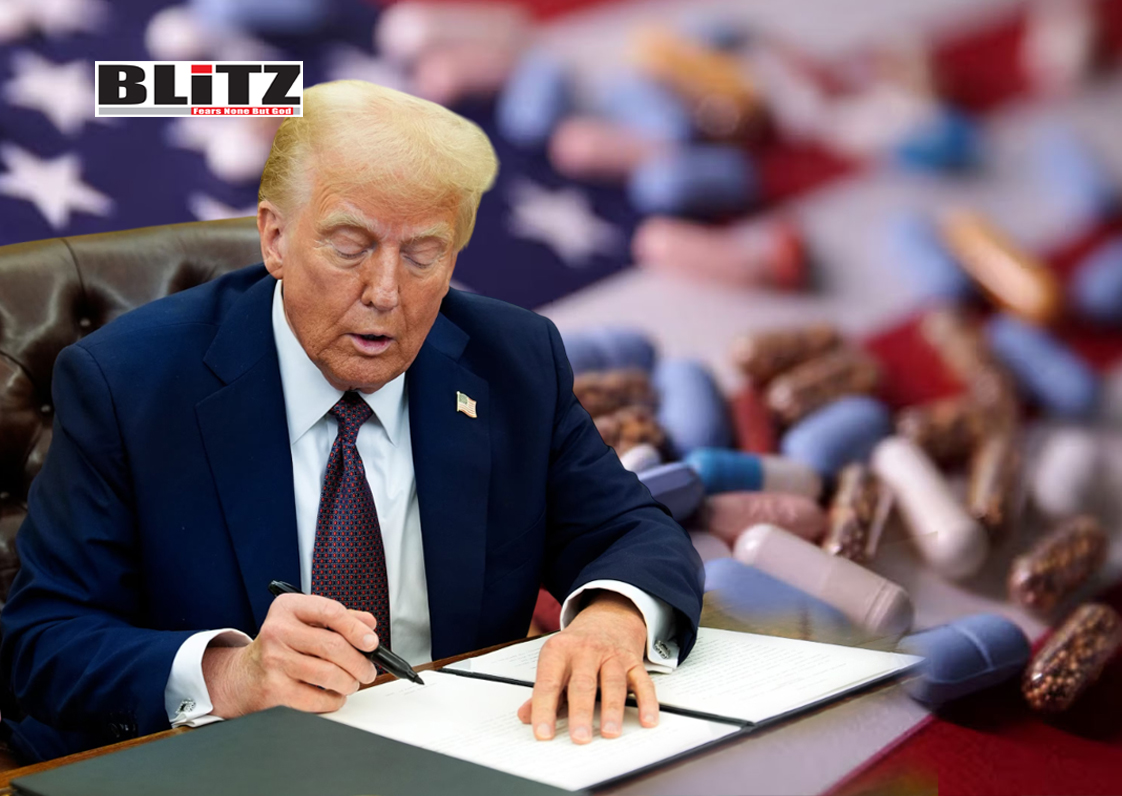
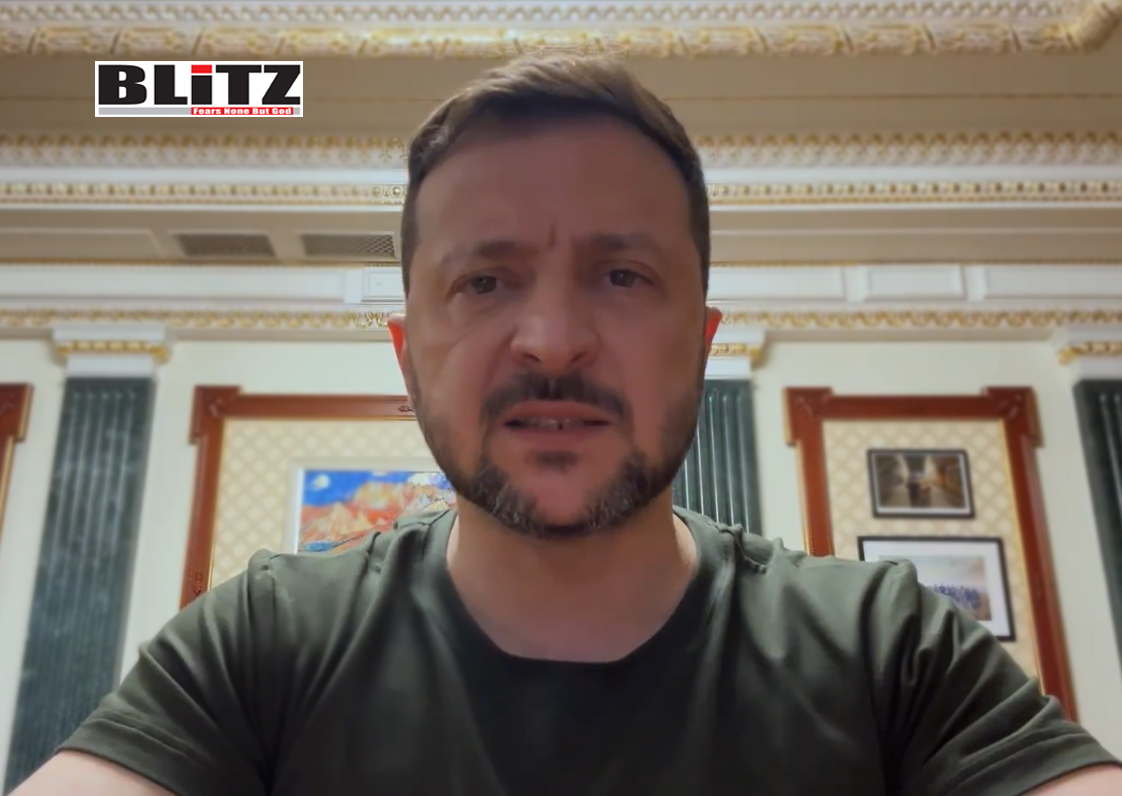

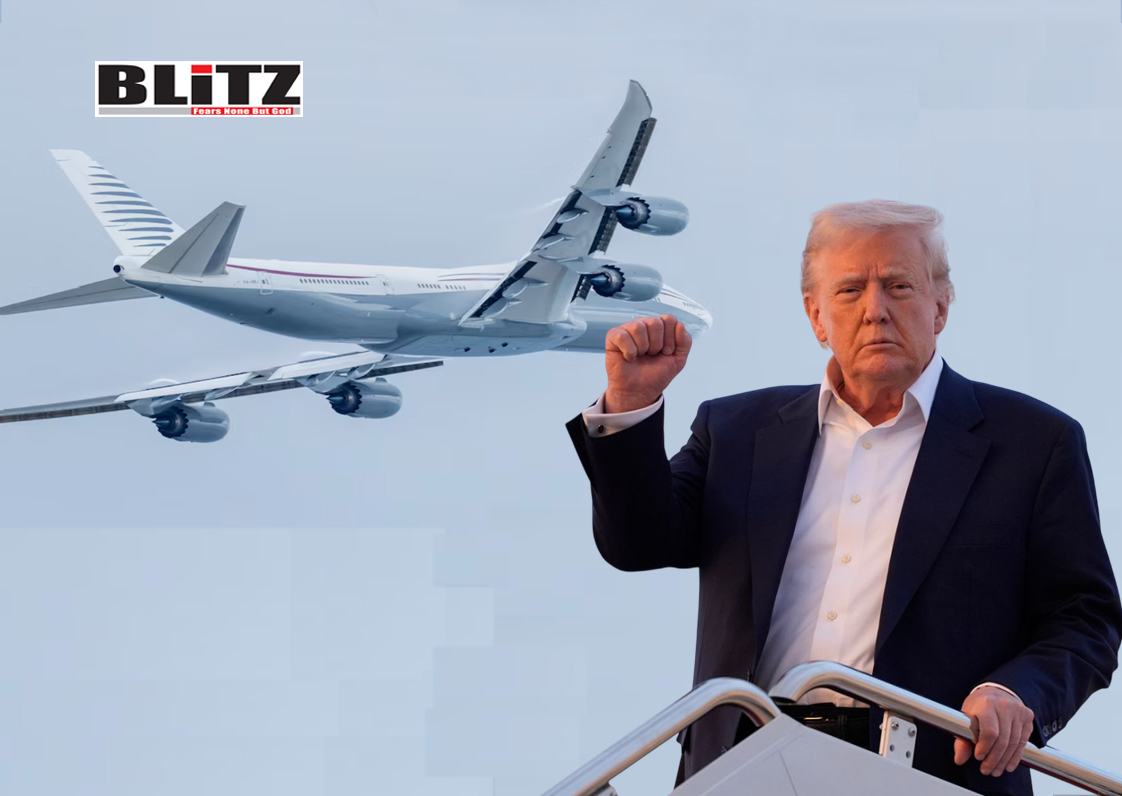
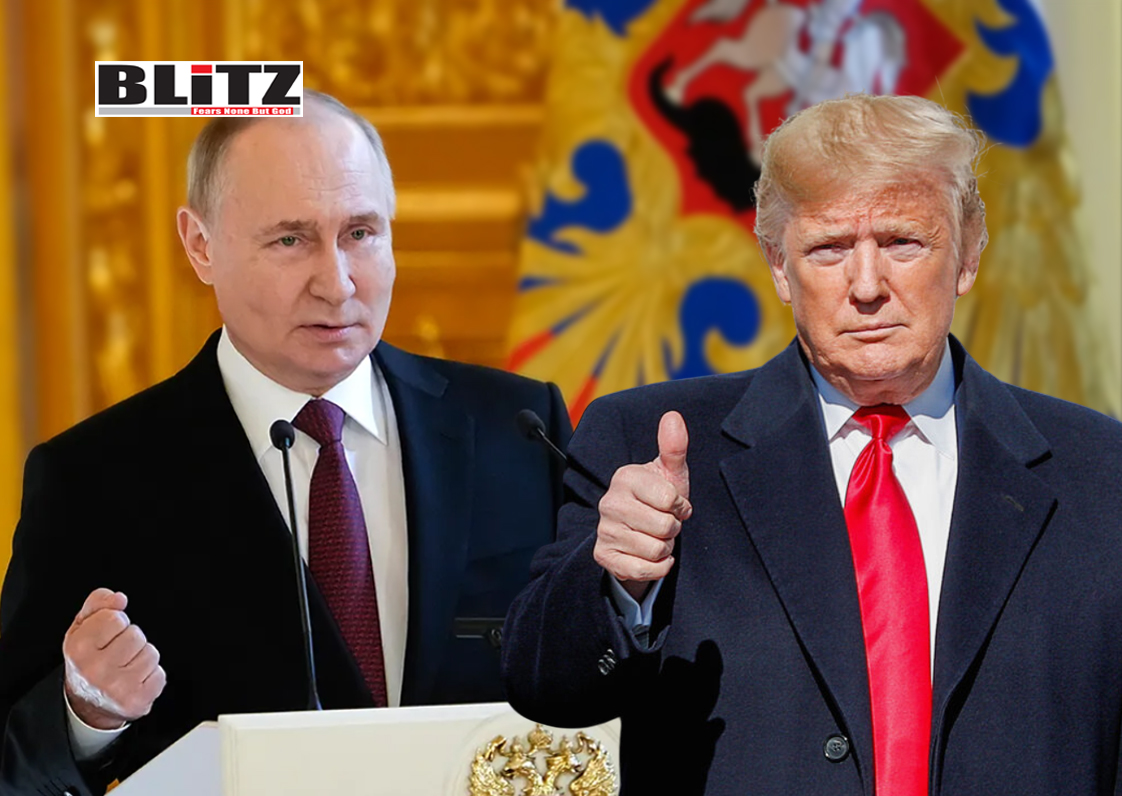
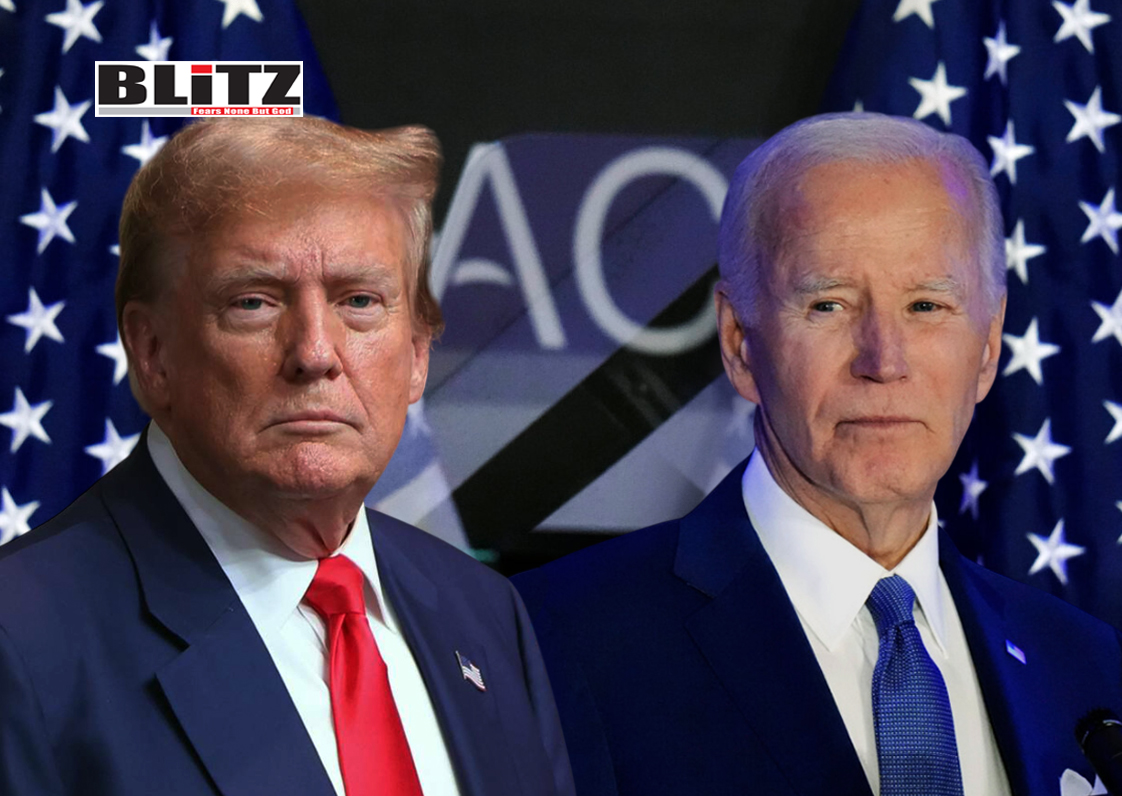
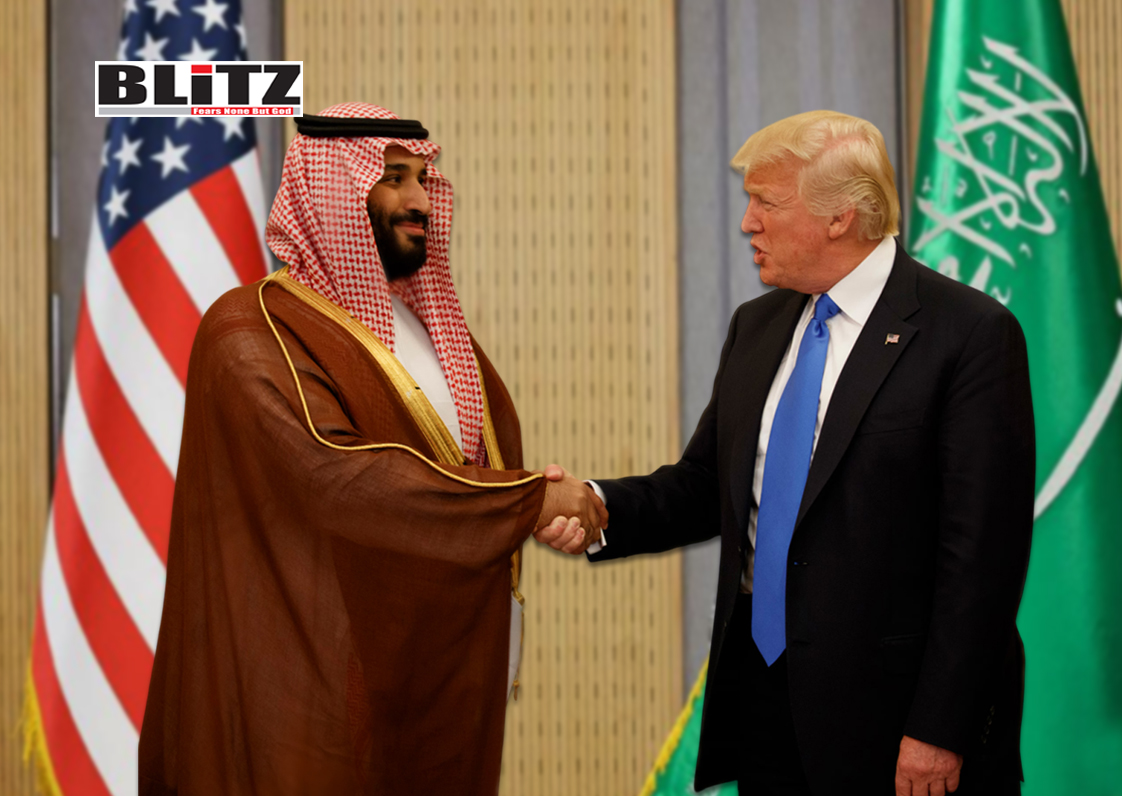
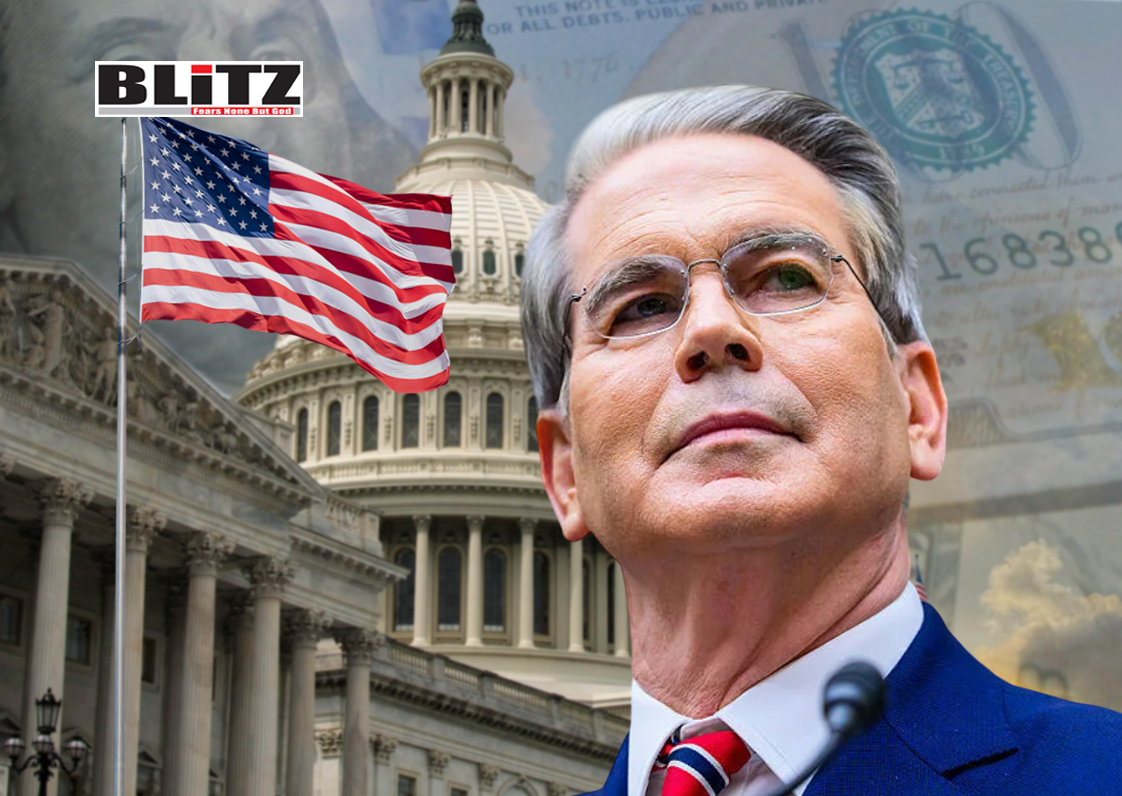
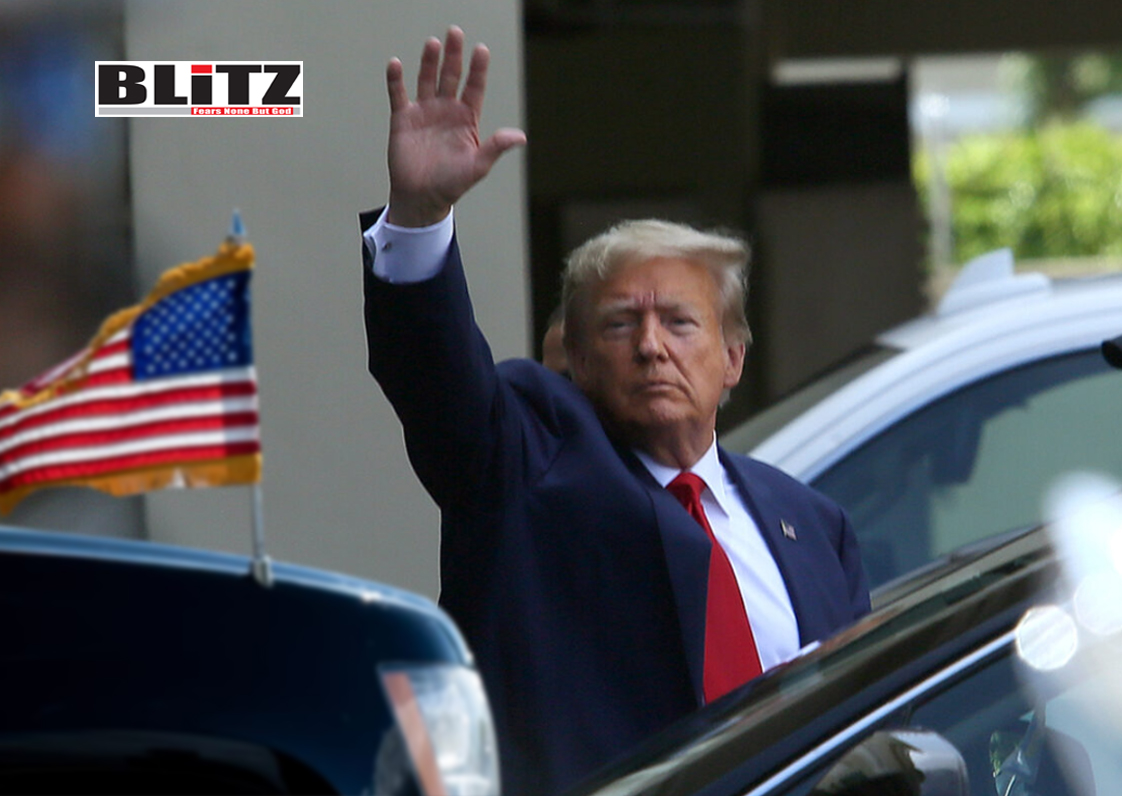
Leave a Reply